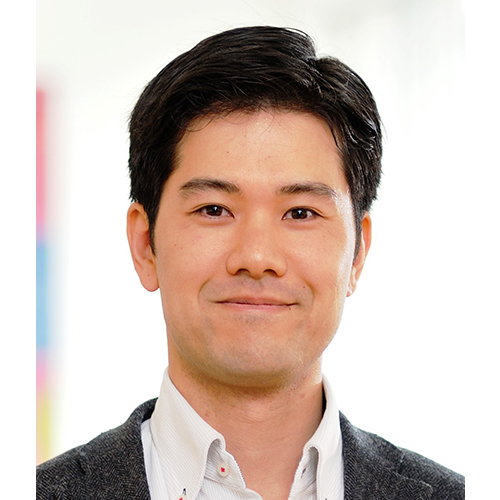
Go Okui
Researcher (Fujita-G)
- Position
- Program-Specific Researcher
- Research Field
- Political Philosophy, Bioethics
Research Overview
The Relationship between Bioethics and Politics
Bioethical issues arise out of techno-scientific advancement in biology and medicine. In particular, the genome editing technology, which has made notable progress in recent years, has the potential to radically change human conditions. When people decide how these issues need to be deal with, that decision may depend on the appropriateness of their knowledge regarding the scientific facts or on their values as to what they think is right or wrong in the first place. Each person has different levels of understanding and values. However, since it is a problem that affects us as a whole, we cannot just entrust some scientists and philosophers do our thinking instead for us. So, how can we rightly make judgment on these issues?
In understanding this question, I think we can draw important insights from Hannah Arendt, who illuminated the importance of thinking as a human rather than as a philosopher or expert and making decisions in exchanges of words and deeds with fellow citizens. I would like to continue my research on the relationship between philosophy and politics in approaching bioethical issues by focusing on the concept of birth (natality) and life (ζωή [zoe] / βίος [bios]) in particular.
Biography
I completed PhD program at Graduate School of Advanced Integrated Studies in Human Survivability Kyoto University in 2019. From April 2019, I worked as a part-time research fellow there for a year. I started working in current position from April 2020.
Publications
Okui, G. (2018) “The Tension between Philosophy and Politics and the Implication of Sensus Communis in Hannah Arendt”. Studies for practical philosophy. No. 41: pp. 21-52.
Takeda, S., Okui, G., Fujimura, N., Abe H., Ohashi, Y., Oku, Y., . . . Kimura, S. (2018) The Success of the Link Model Programme in Rural Bangladesh: An Empirical Analysis. Journal of Development Policy and Practice. Vol 3, Issue 2.
CIPSH and UNESCO (2017), Challenges and Responsibilities for a Planet in Transition. Proceedings of the World Humanities Conference, Liege, Belgium, 6-11 August 2017, CIPSH-UNESCO, ITM, Paris, Macao.
Research Group
Fujita GroupJoined
Apr. 1, 2020
